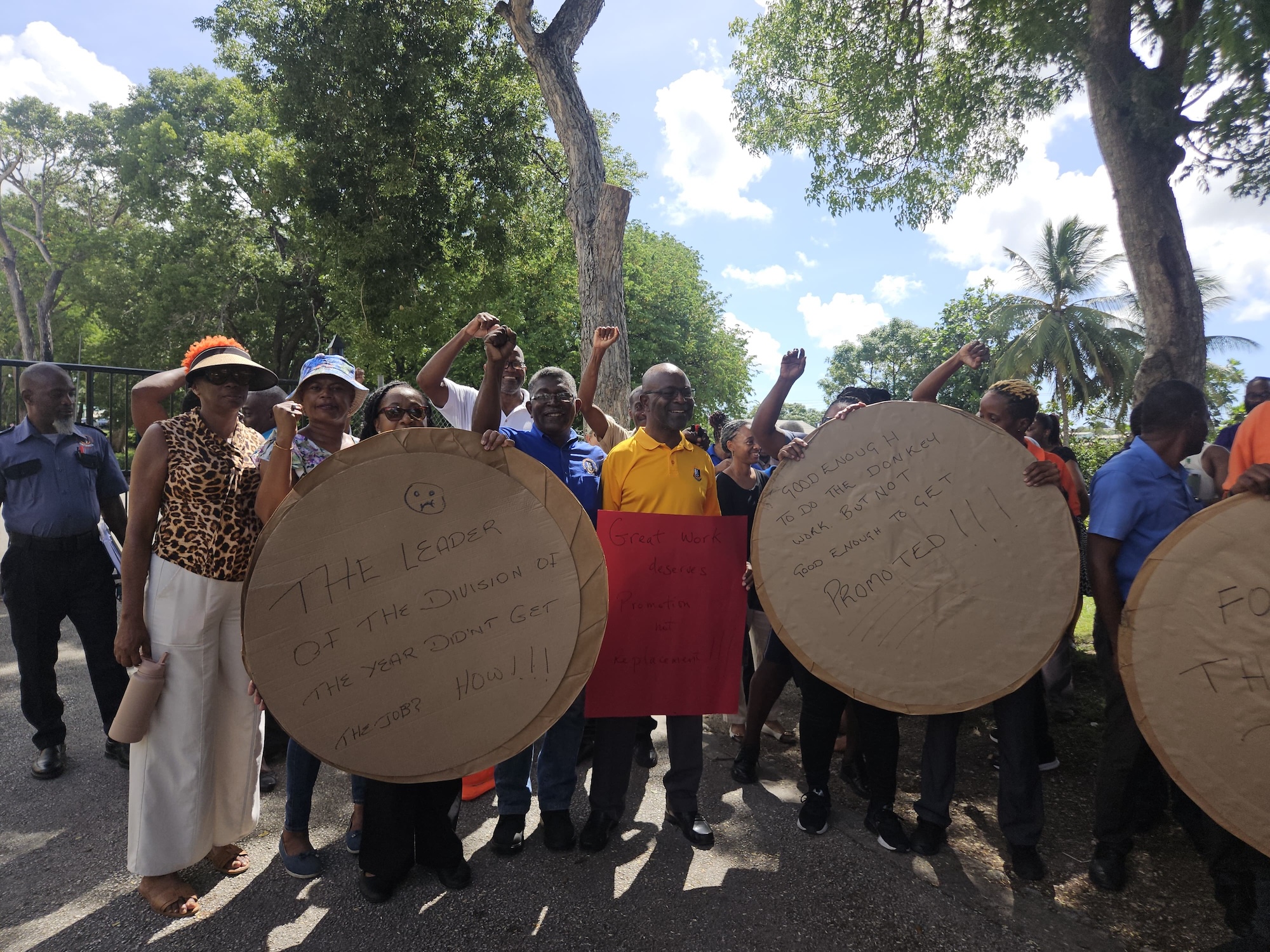Antigua and Barbuda’s Agriculture Minister, Anthony Smith Jr., has highlighted the pivotal role of aquaculture in the nation’s blue economy strategy. This follows the successful completion of the country’s inaugural fisheries training program, which certified 92 participants in modern aquaculture techniques. Speaking on ABS Television’s ‘Government in Motion,’ Smith emphasized that traditional fishing methods alone are insufficient to meet rising local demand and export potential. ‘Aquaculture will be a cornerstone of our fisheries and blue economy sector,’ he stated. The training seminar, conducted in collaboration with the People’s Republic of China, introduced participants to advanced freshwater and ocean-based farming practices. Smith praised China as the global leader in aquaculture and underscored the significance of this partnership in diversifying the nation’s food production. He also highlighted the role of Antigua and Barbuda’s Blue Economy Department, established less than a decade ago, in fostering sustainable marine-based income streams while safeguarding ocean health. ‘While we explore aquaculture opportunities, the preservation of our marine ecosystem remains paramount,’ Smith added. The initiative is part of a broader strategy that includes marine spatial mapping, ocean farming, and research collaborations with the University of the West Indies’ Centre of Excellence for the Blue Economy. Smith emphasized that aquaculture not only enhances food security but also opens new avenues for employment, entrepreneurship, and export growth. ‘If developed sustainably, this industry can generate significant value for our farmers and fishers,’ he concluded.
博客
-
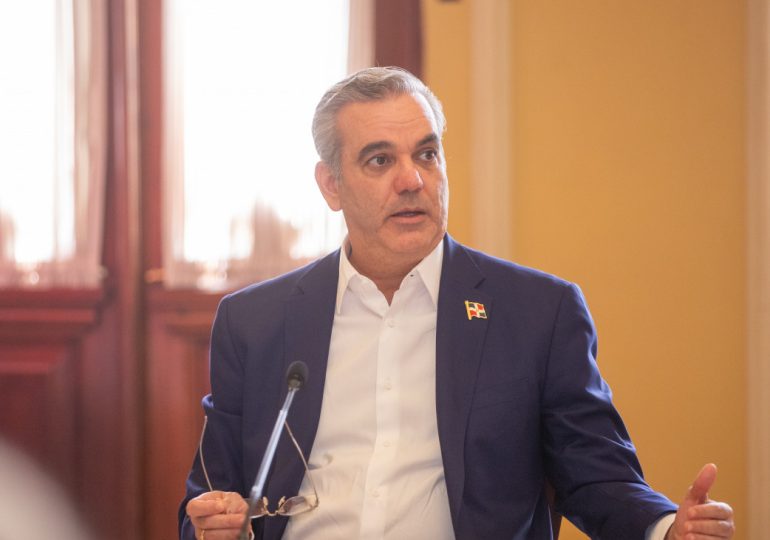
Abinader appeals to Russia and China for support in Haiti crisis response
Santo Domingo – Dominican President Luis Abinader has reached out to global leaders, including Russian President Vladimir Putin and Chinese President Xi Jinping, to garner support for the Multinational Security Support Mission (MSS) in Haiti. The mission, recently sanctioned by the UN Security Council, aims to address the escalating crisis in Haiti, which Abinader warns is increasingly threatening regional stability and Dominican national security. In his correspondence with Putin, Abinader highlighted the necessity of Russia’s involvement to bolster the mission’s capabilities and mandates in dismantling criminal networks. Similarly, in his letter to Xi, he underscored the critical role of China’s support in advancing the initiative. The MSS, introduced by the United States and Panama, was approved on Tuesday with 12 votes in favor and three abstentions. The mission seeks to empower Haitian authorities to confront armed gangs, restore public order, and lay the groundwork for sustainable peace and democratic governance. Abinader emphasized that the resolution is vital to mitigating the cross-border spillover of Haiti’s crisis, which poses a direct threat to the Dominican Republic and the broader region.
-
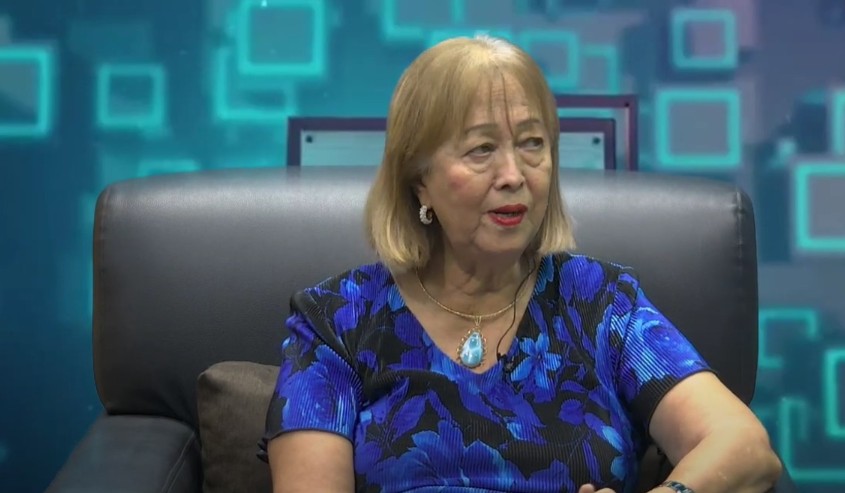
Rosa Ng denounces institutional pressure against Chinese businesses
Santo Domingo.- Rosa Ng, a prominent community leader and former Dominican trade representative in China, has raised alarm over what she describes as a pervasive climate of uncertainty and institutional harassment targeting the Chinese community in the Dominican Republic. Ng asserts that state agencies have been systematically shutting down businesses owned by Chinese citizens, fostering a hostile environment for Asian investors.
-
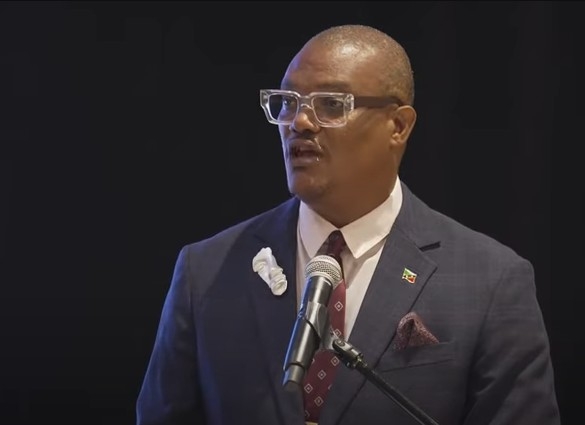
CWA pushing for modern farming at Agriculture Week
As the 19th Caribbean Week of Agriculture (CWA) unfolds in Basseterre, St. Kitts, Acting Prime Minister Geoffrey Hanley has emphasized the urgent need to transition from traditional farming practices to modern, climate-resilient methods. Addressing regional and international stakeholders, Hanley highlighted the pivotal role of technology and innovation in transforming the agricultural sector, particularly in St. Kitts and Nevis. He stressed that traditional farming alone is insufficient to meet contemporary challenges, advocating for the adoption of advanced techniques such as hydroponics, aquaponics, climate-smart farming, improved irrigation, and renewable energy to power farms. Hanley acknowledged the sector’s inherent difficulties, including hurricanes, droughts, pest outbreaks, rising costs, and market access issues, but expressed confidence in the resilience of Caribbean people. He called for strengthened regional cooperation, knowledge sharing, and a renewed commitment to making agriculture a sector of pride and prosperity. Food security and the development of the next generation of farmers remain central to the region’s agenda, with new initiatives supporting aquaculture, agri-parks, livestock production, and access to financing and training. Hanley also urged young people to view agriculture as a viable and innovative career path, dispelling outdated perceptions of the sector. Agriculture Minister Samal Duggins echoed these sentiments, describing agriculture as the lifeblood of the Caribbean people and a critical component of the region’s future.
-
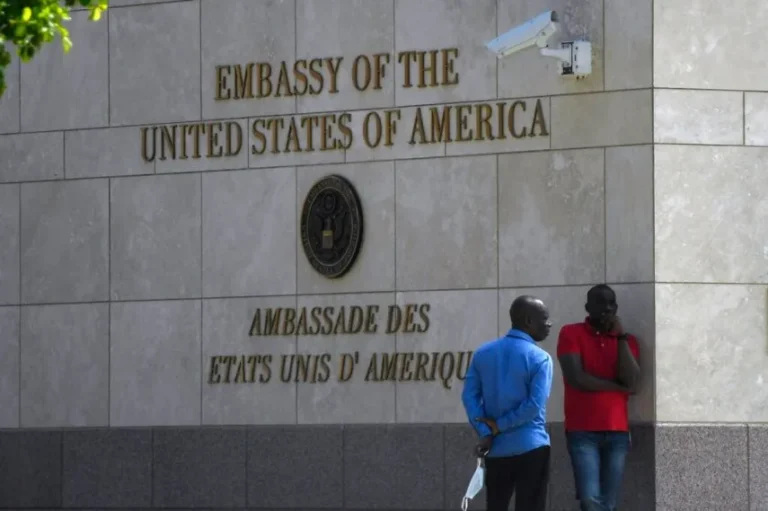
U.S. Embassy in Haiti responds to UN resolution approval
The United Nations Security Council has taken a significant step toward addressing Haiti’s escalating security crisis with the adoption of Resolution 2793, which establishes a new Gang Suppression Force (GSF). The U.S. Embassy in Haiti lauded the resolution as a ‘positive step toward restoring basic security’ and pledged to collaborate with international partners to deploy the force. The embassy also emphasized the urgent need to establish the UN Support Office in Haiti to ensure the provision of essential resources. France echoed this sentiment, describing the resolution as crucial for dismantling criminal gangs and reinstating the rule of law, while reaffirming its support for Haiti’s National Police and Armed Forces. U.S. UN representative Mike Waltz highlighted the expanded scope of the mission, noting it is five times larger than its predecessor and equipped with a stronger mandate to combat gang activity. Albert Ramdin, Secretary General of the Organization of American States (OAS), praised the resolution as a pivotal move toward achieving security, credible elections, humanitarian aid, and sustainable development in Haiti. The resolution passed with 12 votes in favor and three abstentions (China, Russia, and Pakistan), authorizing a 12-month mandate for a force of 5,500 troops and police officers, supported by civilian personnel. This initiative marks a decisive effort to end impunity and bolster stability in the Caribbean nation.
-
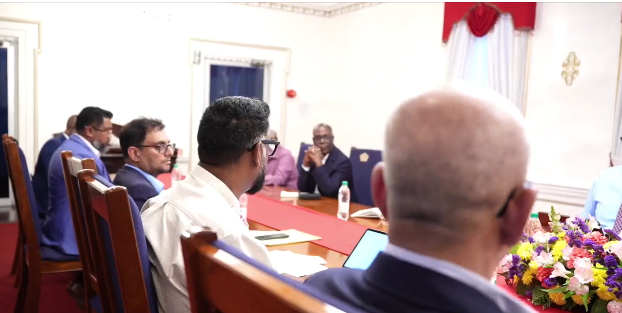
Guyana introduces 9-point foreign exchange control plan
In a decisive move to address the escalating outflow of US dollars, Guyana has unveiled a robust nine-point foreign exchange control plan. President Irfaan Ali announced the measures on September 30, 2025, following a high-level meeting with key stakeholders, including the Bank of Guyana, the Guyana Revenue Authority (GRA), and representatives from commercial banks. The plan aims to curb the outflow of foreign currency, which has surged to approximately US$1.2 billion in 2025, nearly quadrupling from the previous year. Among the key measures, importers will now be required to submit detailed documentation, including commercial invoices and bills of lading, to commercial banks before foreign exchange payments are released. This step is designed to enhance transparency and prevent system abuse. Additionally, commercial banks will closely monitor credit card usage to ensure that personal cards are not being used for business transactions. President Ali highlighted a significant increase in credit card transactions, which rose from US$91.3 million in 2023 to US$347.5 million in 2024, with 2025 already recording US$252 million. The Central Bank has also intervened in the foreign exchange market, providing US$332 million in 2024 and US$1.2 billion in 2025, with an additional US$160 million pending. The new measures also include stricter penalties for inflated invoicing and capital flight, mandatory local bank accounts for entities in the oil and gas sector, and the establishment of a single-window post-clearing system at the Central Bank. The commercial banks have expressed their support for the plan, which they believe will alleviate some of the challenges they currently face.
-
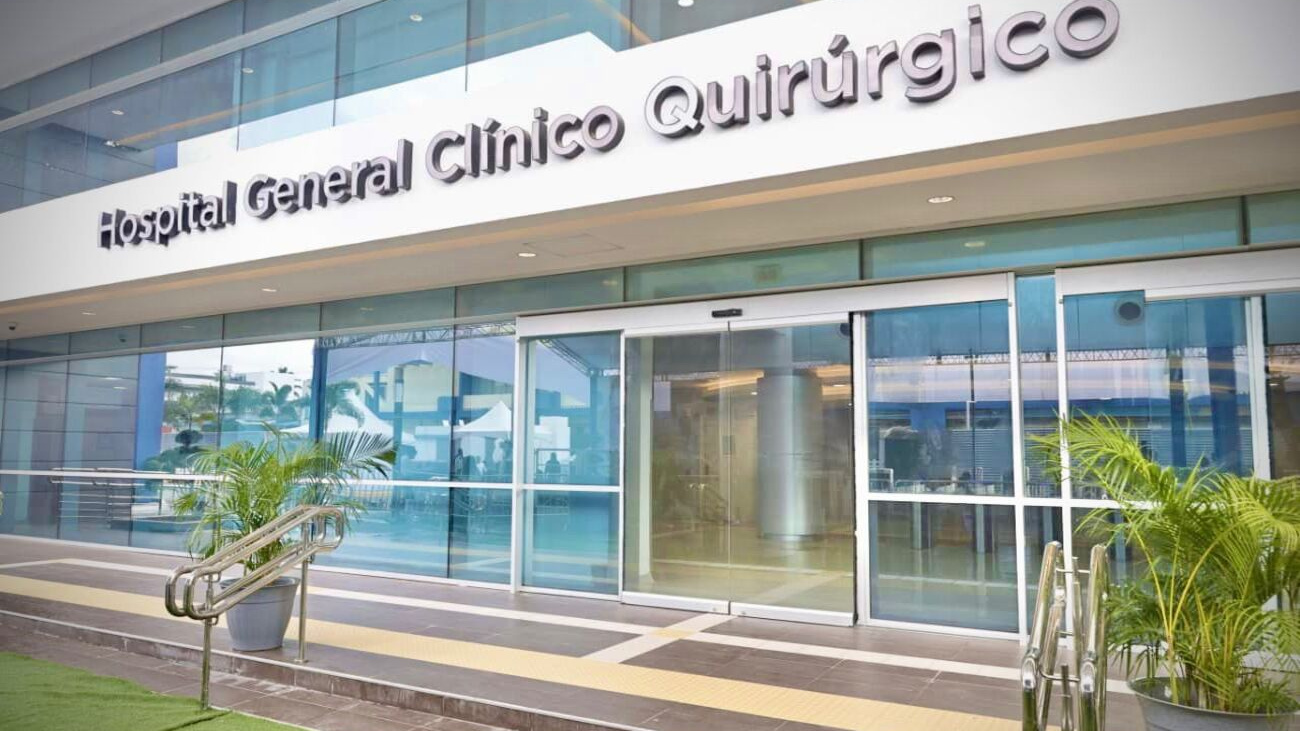
Abinader inaugurates Dr. José Joaquín Puello General Clinical-Surgical Hospital in Health City
In a significant stride toward modernizing healthcare infrastructure, President Luis Abinader of the Dominican Republic inaugurated the Dr. José Joaquín Puello General Clinical-Surgical Hospital. Located within the Dr. Luis Eduardo Aybar Health City, this state-of-the-art facility represents a monumental investment of RD 3,207 million. The hospital boasts the Caribbean’s most advanced Burn Unit, a hemodialysis section equipped with 28 chairs, 14 operating rooms, 40 ICU beds, and 232 general beds, substantially enhancing the nation’s surgical and medical care capabilities. President Abinader underscored the project as a testament to the government’s unwavering dedication to completing critical national initiatives, irrespective of their origins, ensuring the efficient allocation of public resources. The hospital integrates cutting-edge technology and modern infrastructure, offering comprehensive clinical, surgical, and emergency services. It features specialized units for maternal and child care, ICU, and dialysis, solidifying the Health City’s status as a national and regional healthcare hub. The facility will commence operations in phases, starting with the Burn Unit and select ICU sections on October 20, with full functionality expected by January 1. Officials highlighted the hospital’s pivotal role in advancing healthcare accessibility, efficiency, and quality across the Dominican Republic. President Abinader reiterated the government’s commitment to transparency, passion, and determination in elevating the nation’s health services.


